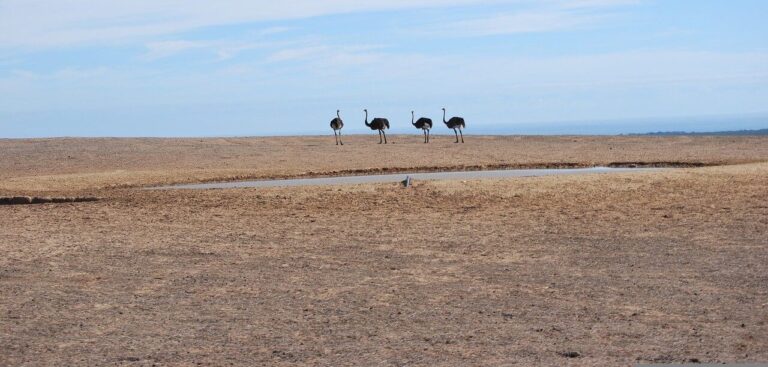The World Meteorological Organization (WMO) has published its State of the Climate in Africa 2021 report, providing key information on temperature trends and other climate indicators.
The report demonstrates how extreme weather and climate change are undermining human health and safety, food and water security and socio-economic development. According to the WMO, Africa only accounts for 2-3% of global greenhouse gas emissions but suffers disproportionately from the results.
The State of the Climate in Africa 2021 report has a special focus on water. High water stress is estimated to affect about 250 million people in Africa and is likely to displace up to 700 million people by 2030. Four out of five African countries are unlikely to have sustainably managed water resources by 2030.
Prof. Petteri Taalas, WMO secretary-general, said, “The worsening crisis and looming famine in the drought-stricken Horn of Africa show how climate change can exacerbate water shocks, threatening the lives of hundreds of thousands of people and destabilizing communities, countries and entire regions.
“Africa’s climate has warmed more than the global average since pre-industrial times (1850-1900). In parallel, the sea level rise along African coastlines is faster than the global mean, contributing to increases in the frequency and severity of coastal flooding and erosion, and salinity in low-lying cities. Changes in continental water bodies have major impacts on the agriculture sector, ecosystems and biodiversity,” said Taalas.
Ambassador Josefa Leonel Correia Sacko, commissioner for agriculture, rural development, blue economy and sustainable environment at the African Union Commission, added, “Temperature increase, heat waves, extensive floods, tropical cyclones, prolonged droughts and sea level rise resulting in loss of lives, property damage and population displacement, undermine Africa’s ability to achieve its commitments to meet the targets of the United Nations Sustainable Development Goals (SDGs) and the African Union Agenda 2063: The Africa We Want, which outlines Africa’s path for attaining inclusive and sustainable economic growth and development.”
The report, the third in a series, is a joint initiative between WMO and the African Union Commission and includes input from a wide range of UN organizations, national meteorological and hydrological services, development partners and climate experts. The report and an accompanying digital story map are being launched at a ministerial meeting on the Integrated Early Warning and Early Action System initiative in Maputo, Mozambique.
Currently, only 40% of the African population has access to early warning systems to protect them against extreme weather and climate change impacts. Africa is therefore a top priority in the campaign spearheaded by WMO, at the request of UN secretary-general António Guterres, to ensure universal access to early warnings in the next five years.
However, climate action is gaining momentum. More than 40 African countries have revised their national climate plans (Nationally Determined Contributions) to make them more ambitious and add greater commitments to climate adaptation and mitigation. Although Africa contributes only 2-3% of global greenhouse gas emissions, more than 83% of national climate plans include greenhouse gas reduction targets, with focus areas including energy, agriculture, waste, land use and forestry.
The State of the Climate in Africa report makes several recommendations, including strengthening early warning systems and increasing transboundary cooperation, data exchange and knowledge sharing. The report states that the need for more investment in adaptation is crucial, as is a concerted drive toward more integrated water resource management.
To view the digital story map, click here.



